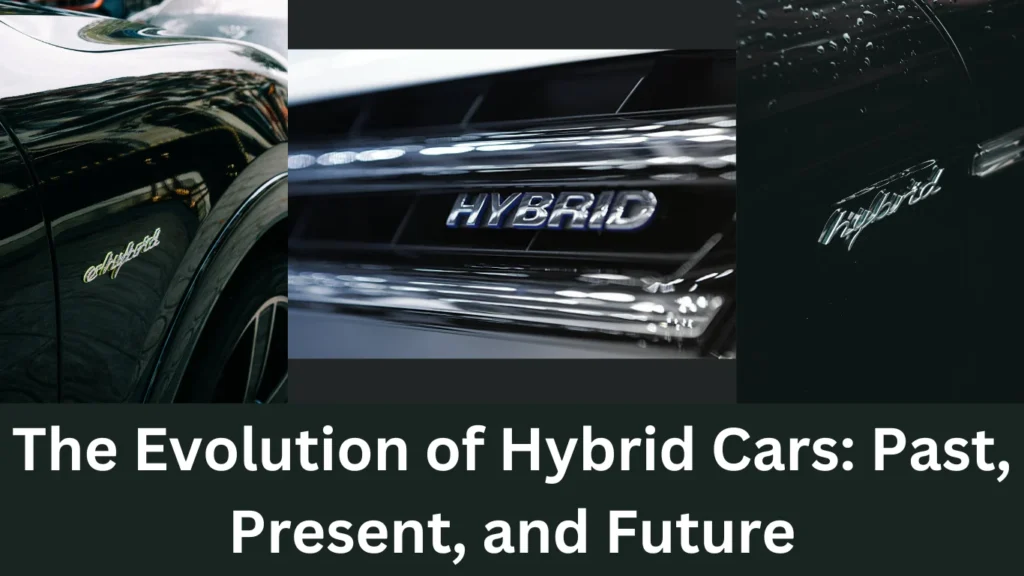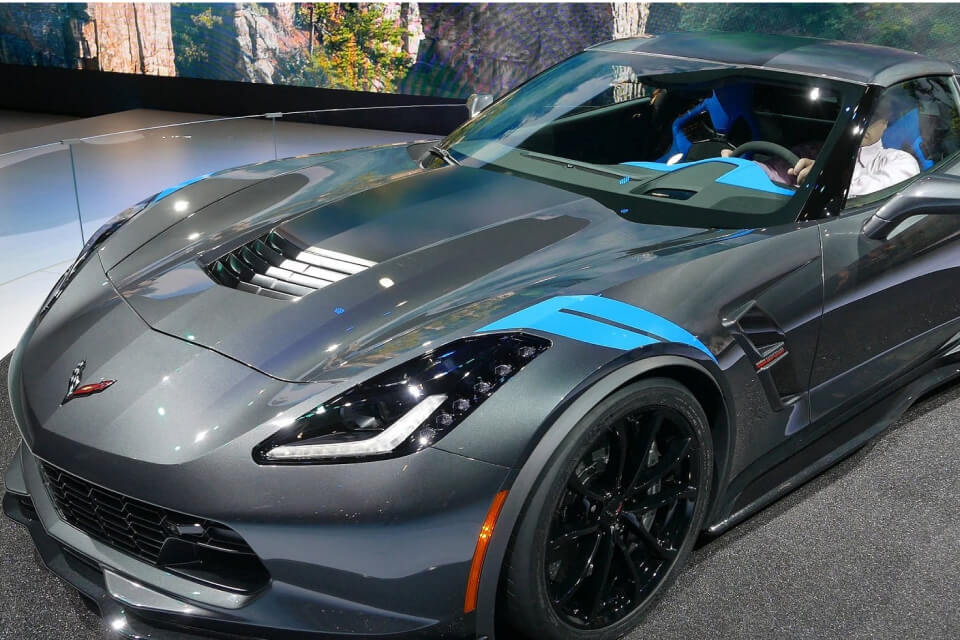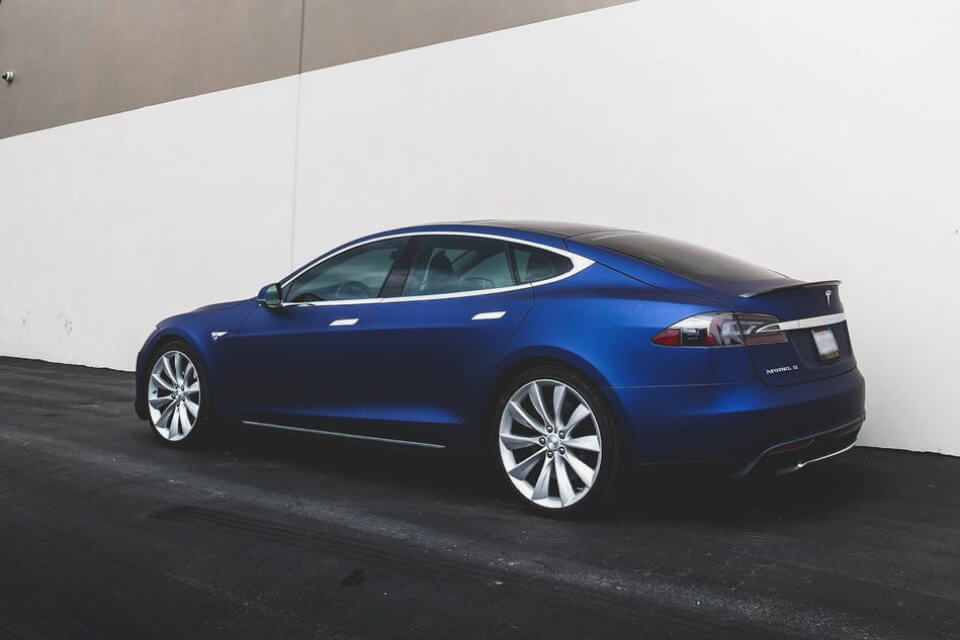The Evolution of Hybrid Vehicles: Past, Present, and Future has been a significant trend in the automotive industry. Hybrid vehicles have a history that dates back to the late 19th century, with the first hybrid car being developed in 1899. Over the years, hybrid technology has evolved, with major advancements in the late 20th and early 21st centuries. Today, hybrid vehicles are becoming increasingly popular as people seek more environmentally friendly transportation options. Looking ahead, the future of hybrid vehicles is promising, with continued advancements in technology and the potential for even greater fuel efficiency and reduced emissions. As the demand for sustainable transportation grows, hybrid vehicles are expected to play a crucial role in shaping the future of the automotive industry.
The Early Days of Hybrid Vehicles
In the late 19th century, the concept of hybrid vehicles began to take shape with the development of early electric and gasoline-powered cars. However, it wasn’t until the late 20th century that modern hybrid vehicles started to gain traction. The first mass-produced hybrid car, the Toyota Prius, was introduced in Japan in 1997, marking a significant milestone in the evolution of hybrid technology.
Early hybrid vehicles utilized a combination of an internal combustion engine and an electric motor to improve fuel efficiency and reduce emissions. These early models laid the groundwork for the advancements in hybrid technology that would follow in the coming years.
The Current State of Hybrid Vehicles
Today, hybrid vehicles have become increasingly popular as automakers continue to invest in and refine the technology. Modern hybrid cars offer a range of benefits, including improved fuel economy, reduced emissions, and a smoother driving experience. With advancements in battery technology, hybrid vehicles can now operate in full electric mode for short distances, further enhancing their efficiency and environmental impact.
In addition to traditional hybrid cars, there are now plug-in hybrid vehicles that allow drivers to recharge the battery by plugging into an electrical outlet, offering even greater flexibility and potential for reducing reliance on gasoline. This current state of hybrid vehicles represents a significant leap forward from the early days of hybrid technology.
The Future of Hybrid Vehicles
Looking ahead, the future of hybrid vehicles is promising as automakers continue to innovate and push the boundaries of technology. One of the key areas of focus is the development of more efficient and powerful batteries, which will extend the range of hybrid vehicles and improve their overall performance. Additionally, advancements in regenerative braking technology and lightweight materials will contribute to making hybrid vehicles even more efficient and environmentally friendly.
Furthermore, the integration of connectivity and autonomous driving features into hybrid vehicles will enhance their overall functionality and appeal to a broader range of consumers. As the infrastructure for electric vehicles continues to expand, hybrid vehicles are expected to play a crucial role in the transition towards a more sustainable and eco-friendly transportation system.
| Time Period | Technology | Advancements |
|---|---|---|
| Past | Early 20th century | Basic hybrid concepts developed |
| Present | 21st century | Improvement in battery technology, increased fuel efficiency |
| Future | Upcoming years | Further advancements in electric and hybrid technology, widespread adoption |



